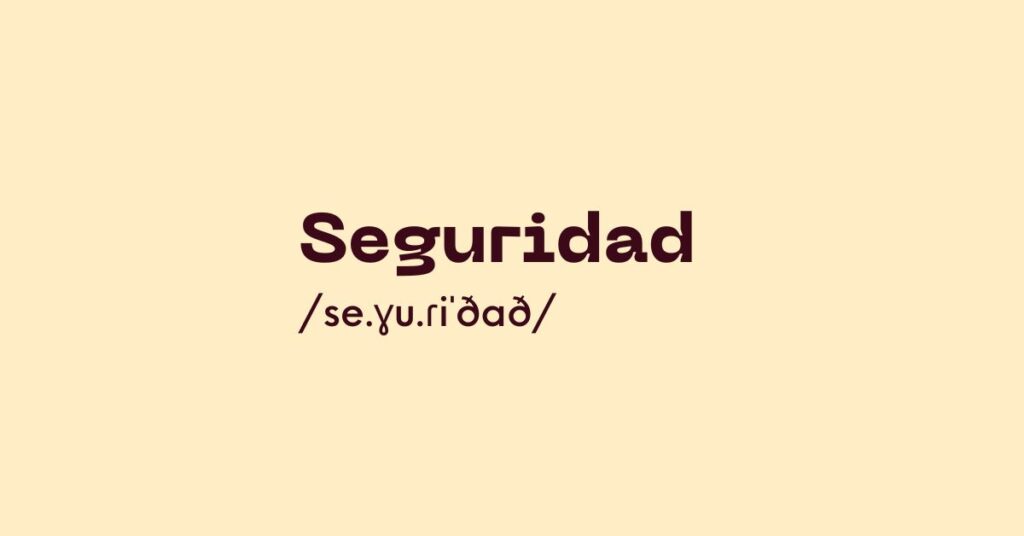Probar
Today’s Spanish word of the day is “probar”. It’s a verb that means “to try” or “to test”. It can also mean “to taste” in the context of trying food. The reflexive form “probarse” means “to try on”. The word comes from Latin probare, meaning “to test, examine or prove”. This is also the root […]









